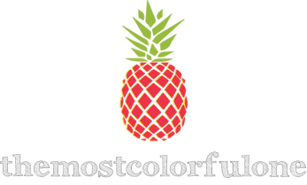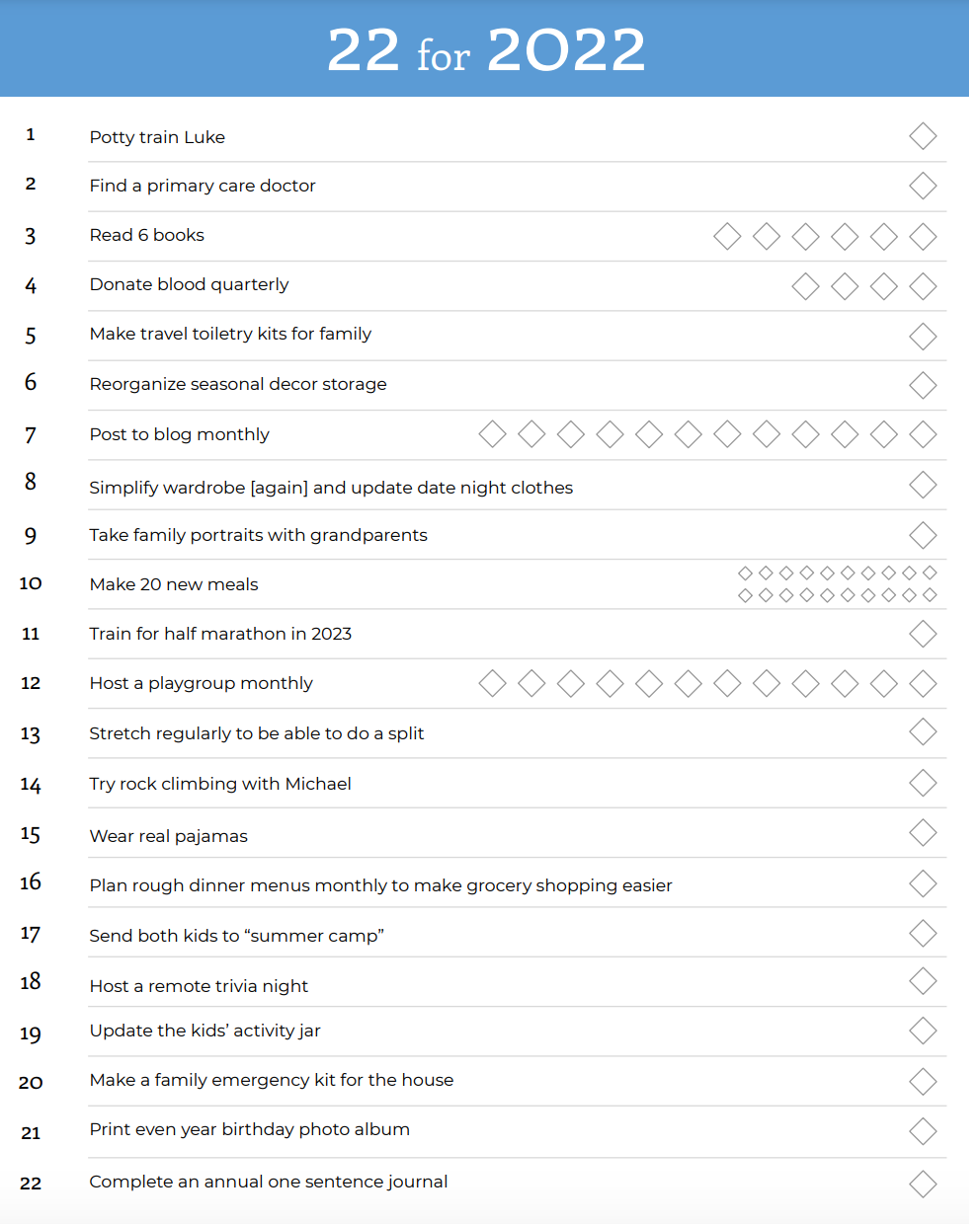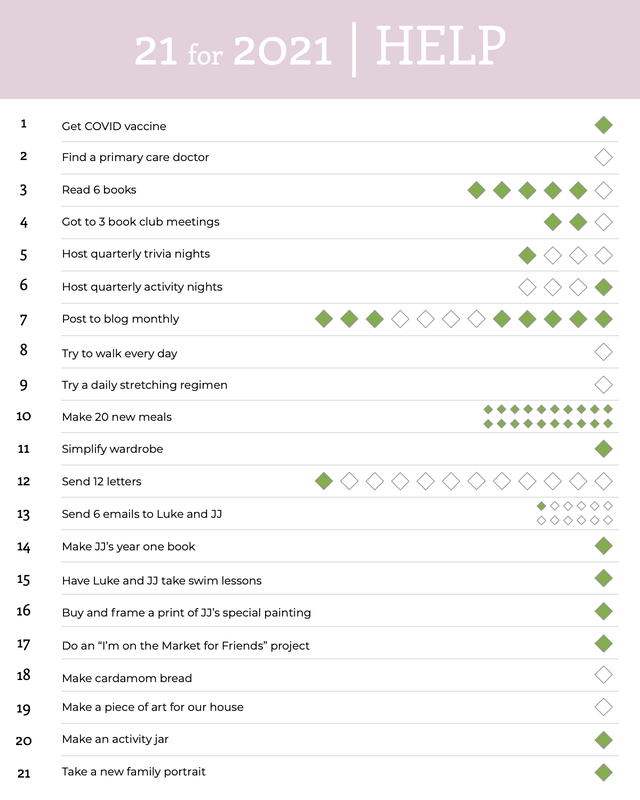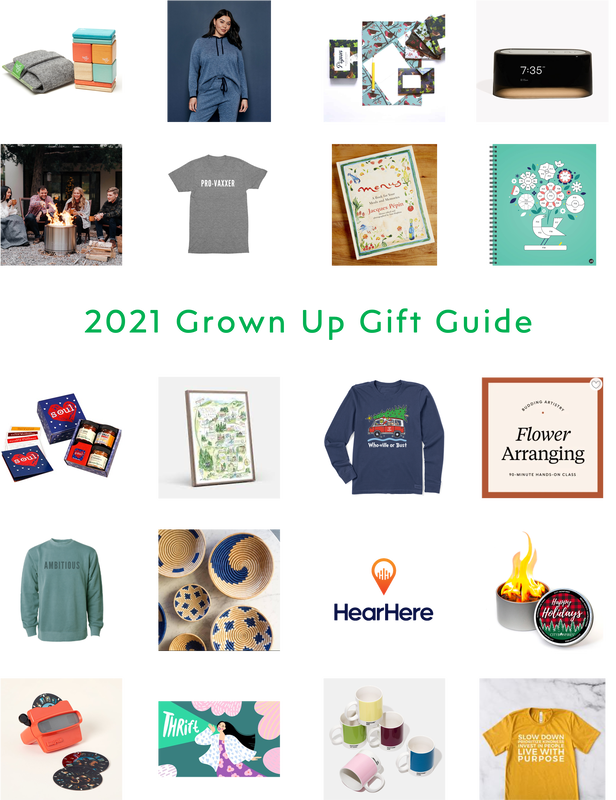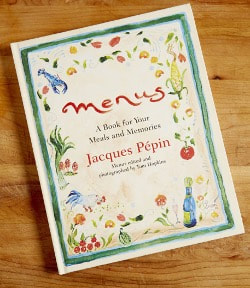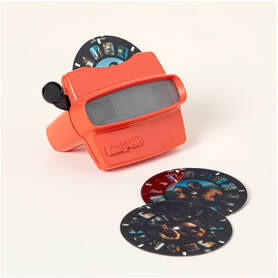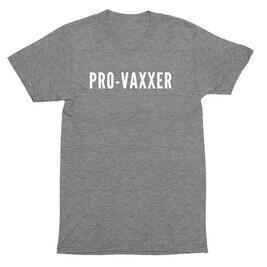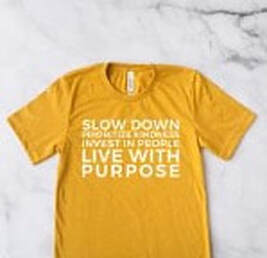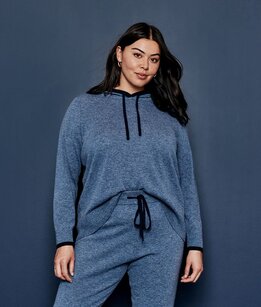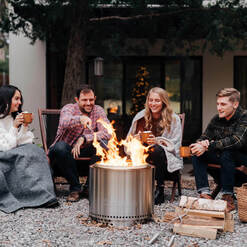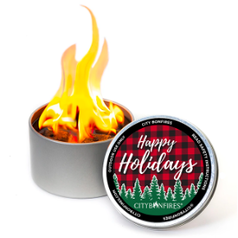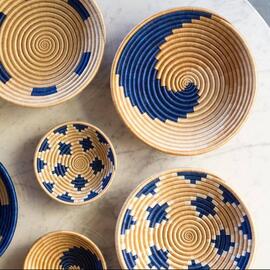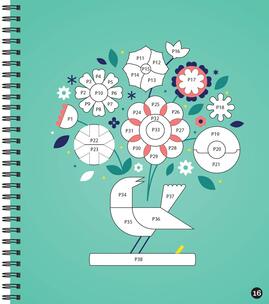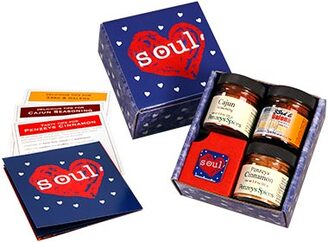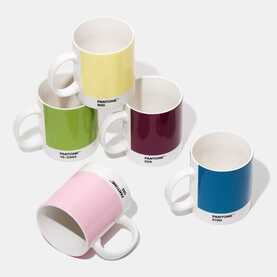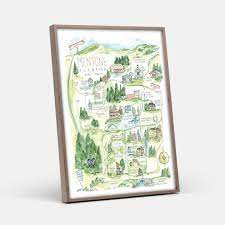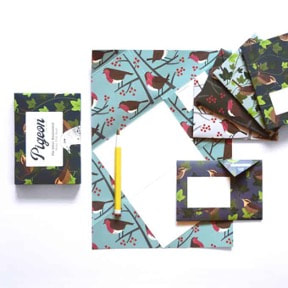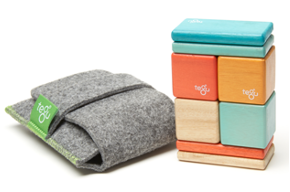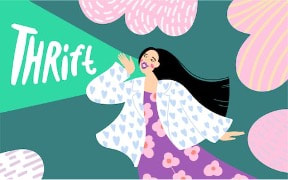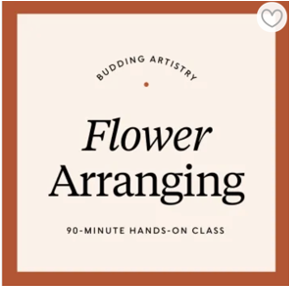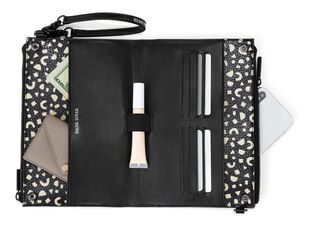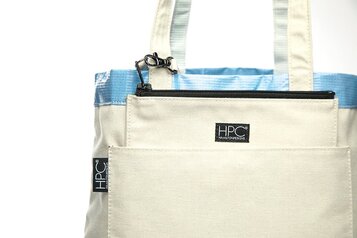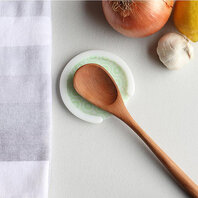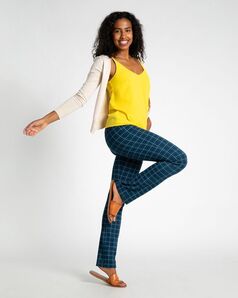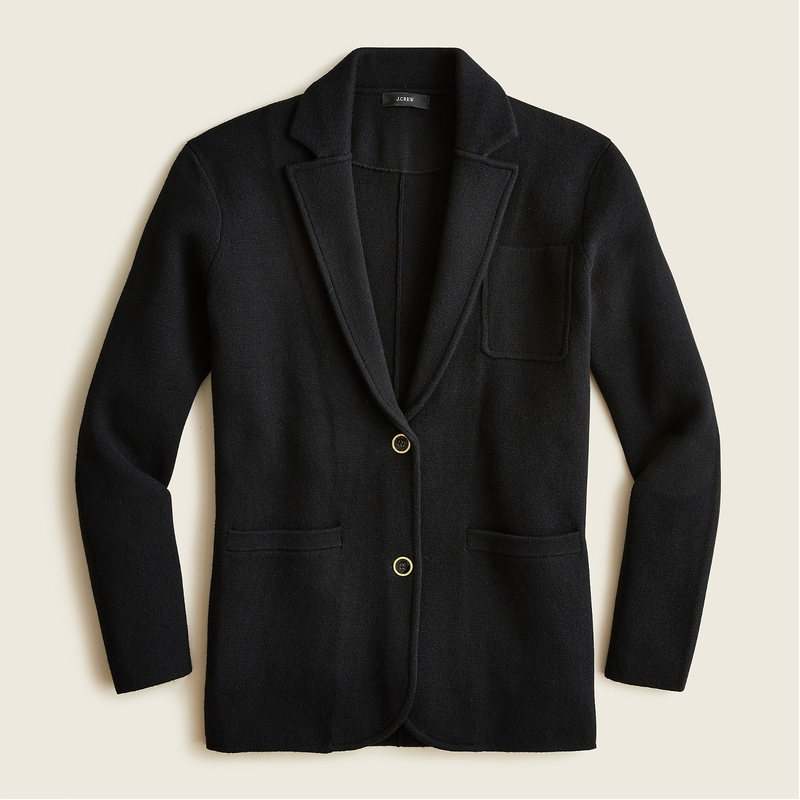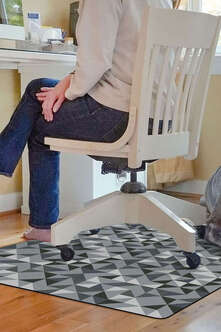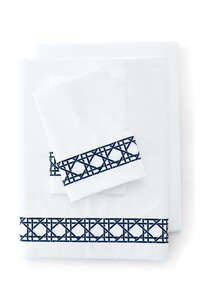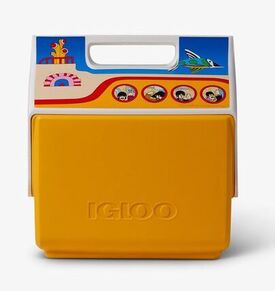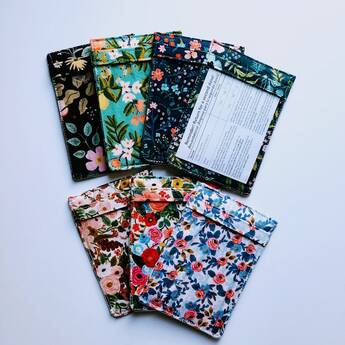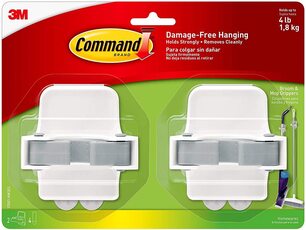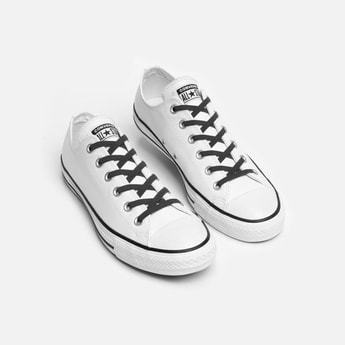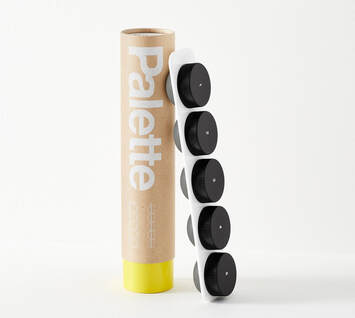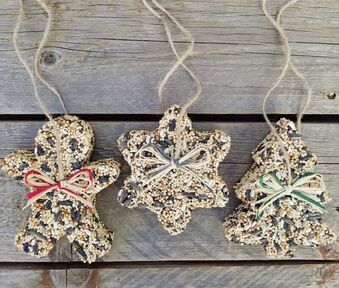We are over halfway through January and I’m finally reporting back on my word of the year, as promised. I think I’m going with TACKLE. It seems fitting that we just tackled COVID in our house — what a way to start the New Year. Anyway, I love a word that is both a verb and a noun.
verb
make determined efforts to deal with (a problem or difficult task)
noun
the equipment required for a task or sport
My focus is to TACKLE goals and tasks both big and small this year. Big, like find our next home. Small, like clear clutter daily and avoid leaving miscellaneous administrative tasks lingering. If I’m feeling tired or lazy, just reminding myself to TACKLE the thing at hand may kick me into gear.
The other aspect is to build my TACKLE box. I want to continue curating and building up our household resources and our network of support, while ridding ourselves of items that are getting in our way. This last idea plays into Michael’s word for the year, LESS. He is focused on working on what is in front of him and what he wants to be doing, instead of seeking out or agreeing to sidetracking responsibilities.
I’m trying to adopt yet another Gretchen Rubin-ism that ties nicely into my word for the year, the “one minute rule.” Children make this hard, but it is more often that I get in my own way; so, I’m trying to improve. Essentially, if a task in front of me takes truly only a minute, I need to do it right then. One thing I can think of that I failed at this morning — we ran out of wipes in JJ’s diaper drawer. It is going to be annoying when they aren’t there when I need them later, so I really should have followed the rule and re-filled them immediately — TACKLE.
I’d love to hear if you have a set an intentional word for the year <3
